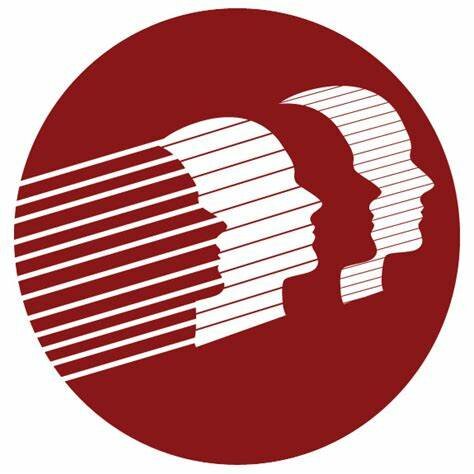Delaware officials underscore urgency regarding drug use
Lt. Gov. Bethany Hall-Long and leaders from the Department of Health and Social Services, along with partner agencies, led a briefing Monday to provide the latest data about efforts to support individuals struggling with substance use disorder.

You must be a member to read this story.
Join our family of readers for as little as $5 per month and support local, unbiased journalism.
Already a member? Log in to continue. Otherwise, follow the link below to join.
Please log in to continue |

Delaware officials underscore urgency regarding drug use
NEW CASTLE — Lt. Gov. Bethany Hall-Long and leaders from the Department of Health and Social Services, along with partner agencies, led a briefing Monday to provide the latest data about efforts to support individuals struggling with substance use disorder.
Organized by the Division of Substance Abuse and Mental Health, these quarterly meetings aim to inform the public about the state’s work to reduce overdoses and respond to the opioid epidemic.
The event was opened by the lieutenant governor, who highlighted her commitment to supporting those challenged by substance use disorder and their providers.
“As a public health nurse, I’m optimistic our efforts are having an impact on the opioid crisis here in Delaware. But the fact still remains that we have lost far too many Delawareans,” said Lt. Gov. Hall-Long, who also is a research scientist and the chair of the Behavioral Health Consortium.
“We’ve thrown the kitchen sink at this issue — and we are not stopping anytime soon. It has taken an all-hands-on-deck approach to get this far. As we continue forward, I want to thank the many grassroots advocates, nonprofits, state and local government agencies, our General Assembly, and especially, family members, for leaning in and collaborating on how to provide the best treatment, prevention, and recovery models for Delawareans.”
The division’s director Joanna Champney then provided information about combating overdose fatalities, as well as the harmful impacts of substance use disorder.
“We will not rest until drug poisoning and overdose deaths in our state are at zero, but we are grateful for the efforts of all of our partners to continue flattening the curve,” she said.
“We will continue to focus on our strategies of reducing the negative stigma of addiction, screening individuals for opioid use disorder, offering information to healthcare providers about how to use medication to treat opioid use disorder, blanketing the state with the overdose reversal medication, targeting efforts to reach specific consumer groups, and focusing on Delaware’s addiction treatment infrastructure.”
Further, Caroline Judd, a substance use disorder epidemiologist with the Division of Public Health, shared data from the State Unintentional Drug Overdose Reporting System, as well as other points related to nonfatal overdoses.
The links below provide access to the full sets of data provided by Ms. Judd during the briefing:
Additionally, two providers, Kim Blanch and Arlene Wood, shared insight from their perspective, while tours of the Beebe Healthcare mobile outreach vehicle were available.
The Department of Health and Social Services has several ways for individuals or their family members to connect:
- Call the 24/7 Delaware Hope Line at 833-9-HOPEDE or 833-946-7333.
- Stop by a Bridge Clinic for an in-person assessment.
- Visit treatmentconnection.com to find a provider near you.
- Visit helpisherede.com, where you can search for resources in Delaware or nearby states.
- Call 988 if someone is in crisis and needs immediate support.
- Call 911 if someone has overdosed and needs emergency medical attention.
- Learn where to find naloxone training and how to get the medication through the mail, plus download the OpiRescueDE app.





